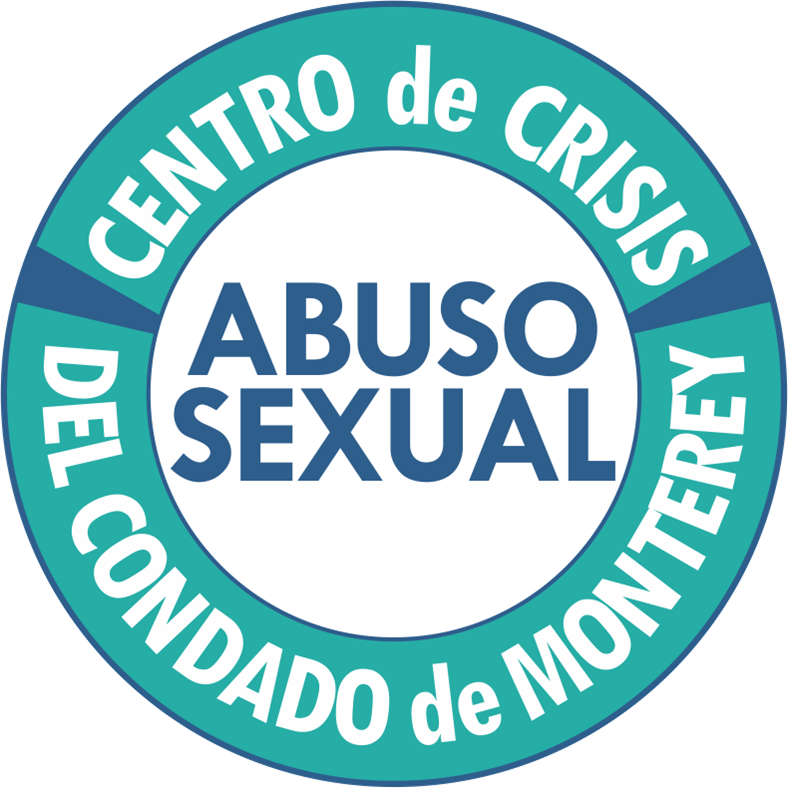Staff Spotlight: Paola Martinez
October 4, 2024
Paola Martinez began her journey at the Monterey County Rape Crisis Center (MCRCC) as a volunteer in the fall of 2016. In 2017, she was hired for a temporary position as a Crisis Intervention (CI) Specialist—before the role was officially established. After a brief break to study abroad in Spain in 2018, Paola returned to MCRCC in a role focused more on community engagement. By 2019, having graduated from CSUMB, she moved back to Sacramento but soon found herself back in Monterey County in the established tole of CI Specialist. Two years later, she transitioned into her current role as the Crisis Intervention Director, a position she has now held for four years.
The Role of a CI Director
As the Crisis Intervention Director, Paola's responsibilities are many and far-reaching. She ensures that all of MCRCC’s crisis intervention services, such as Sexual Assault Response Teams (SARTs), forensic interviews, and accompaniments, are operating smoothly. Another key aspect of her role is making sure staff are trained to effectively meet the needs of survivors and that they feel supported doing so. Paola also plays a crucial part in following up with staff after they respond to a crisis, checking in on their well-being and ensuring proper documentation and client follow-ups are in place. Paola explained that one of the challenges in crisis intervention is maintaining consistent staffing. During times of transition, she has stepped up to fulfill various roles, including CI Director, manager, and specialist, as MCRCC worked diligently to bring on new team members. Despite the difficulties of being short-staffed, she successfully kept the Crisis Intervention program running, even during the difficult times of the COVID-19 pandemic.
A Day in the Life
Paola explains that no two days as CI Director are the same. Her days often involve team check-ins, responding to emails from various partners, and providing support to staff, particularly those who have been involved in accompaniments or forensic interviews. She is no stranger to stepping in to answer calls, attend interviews or exams if staff are unable to. Flexibility is key in this role, as plans often change unexpectedly, but Paola remains adaptable. The MCRCC team knows crisis intervention is a constant presence in Paola’s work. Whether it's providing direct support to survivors, collaborating with multidisciplinary teams (MDTs), or offering personal support to staff who need it, there is always a crisis element involved. Paola recognizes that each day brings new challenges, and being prepared to respond to them is a central part of her role.
The Hidden Importance of the CI Director
Although much of Paola’s work happens behind the scenes, her influence on the care that survivors of sexual violence, child abuse, and human trafficking receive is immense. She acknowledges the critical responsibility this role plays within the agency and the community at large. While her work centers around survivors, she finds even more fulfillment in supporting her team, ensuring they are well taken care of, and fostering strong relationships with them. Paola credits her team for keeping her motivated. She draws inspiration from their hard work and determination, whether it's Carl handling PREA calls, Wendy following up with families and supporting forensic interviews, or the Community Engagement and Prevention teams tirelessly pushing services out to the community. For Paola, the success of crisis intervention at MCRCC is not a solo effort; it’s a collective one.
Advice for Aspiring Crisis Workers
For those considering a career in crisis intervention, Paola emphasizes the importance of understanding the emotional toll that can comes with the job. Crisis work doesn’t follow a traditional 9-5 schedule, as sexual violence happens around the clock. Paola stresses the need for emotional and mental preparedness, as the work often involves hearing and processing trauma. Building a strong support system, including working with a therapist, is crucial for navigating the emotional challenges of this work. Additionally, Paola points out that crisis intervention is a team effort—no one can do this work alone.
Life Outside Work
When Paola isn’t working, she enjoys watching documentaries, spending time with her dog Max, going wine tasting, and embarking on new adventures. Thrift shopping is also one of her favorite activities. For self-care, Paola emphasizes the importance of talking to her therapist and taking mini getaways, even if it’s just for a day or two, to explore new places.
Celebrating an Unsung Hero
At the 11th Annual Nonprofit Alliance of Monterey County (NAMC) Awards Breakfast, Paola was honored with the prestigious Unsung Heroes Changemaker Award. This event recognized a variety of incredible nonprofits making a difference in our community. NAMC fosters collaboration, shares resources, and develops programs to help its members thrive. Paola has dedicated the last seven years to the Monterey County Rape Crisis Center (MCRCC), embodying the true essence of an unsung hero and serving as a cornerstone of our agency’s mission and success.
Paola’s dedication to both the survivors and the staff at MCRCC is evident in every aspect of her work. Her leadership as CI Director is integral to the agency’s continued success, ensuring that survivors receive the care they need and that staff are supported through the emotional demands of crisis intervention. Thank you for all your amazing work for our agency and for survivors in our community.
